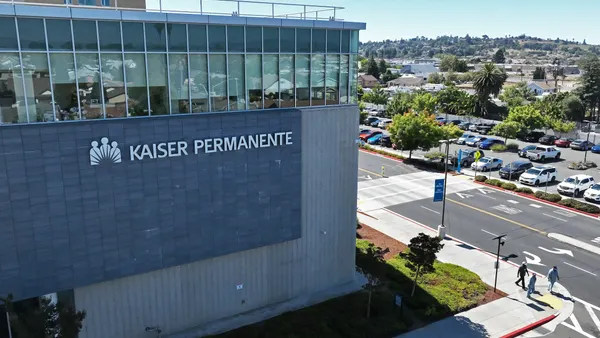Dive Brief:
- In mid-June, Gwinnett Medical Center became the latest hospital in Georgia to launch a residency program in primary care — the first physician training offered in its history. Its new three-year family medicine program has five residents; Gwinnett also intends to start a residency program in internal medicine.
- Other Georgia providers are also starting or planning new residency programs. Included are hospitals in Athens, Rome, Carrollton and Marietta, as well as a South Georgia consortium.
- The need is significant. In 2010, six counties in Georgia had no family practitioner; 31 counties had no internist; 63 counties had no pediatrician; 79 counties had no OB/GYN; and 66 counties had no general surgeon. Many of the counties lacking primary care physicians are rural.
Dive Insight:
The Association of American Medical Colleges predicts a shortage of more than 91,500 physicians by 2020, about half in primary care. Medical schools are doing their part by boosting enrollment over the past several years, AAMC says. Now it says Congress must do its part by lifting a cap of 26,000 federally funded first-year residency slots nationwide, imposed in 1997 under the Balanced Budget Act.
Against this backdrop, hospitals in Georgia decided they must be proactive. Despite rising enrollment at Georgia's medical schools, only about one in five grads filled first-year residency positions in-state in 2012. Where medical grads train is a better indicator of where they end up practicing: about half of Georgia's medical residents stay in-state.
How is Georgia's effort coming together? The state supplied additional money to help address gaps in Medicare funding for graduate medical programs. Gwinnett also was fortunate enough to obtain money from another source: using a $1 million gift to open a family medicine clinic across the street from its hospital in Lawrenceville, Ga. That's where its new residents will see patients starting in July.













